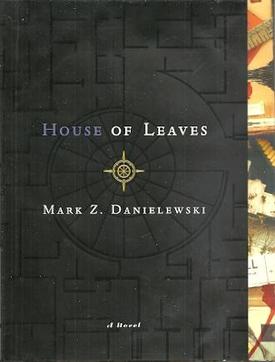There are a
lot of strong arguments to be made against bible stories that people insist are
literally true, and it's gotten a bit boring.
The believers come up with all kinds of pseudo-scientific ways to
validate impossible stories, and the arguments to contradict them are
predictable. So I thought I'd come up
with a new one for the story of Noah's ark, specifically how there shouldn't be
any dolphins (or whales, great white sharks, etc.) if the story were true. Let's establish a couple points first.
1) According to the bible, the ark was 300 cubits (about 450
feet) long (Gen 6:15). We can safely
assume that Noah didn't fit two 98 foot whales on the ark, and there's no mention
of any onboard aquarium.
2) God says: I will wipe from the face of the earth every
living creature I have made (Gen 7:4 New International Version). In the King James Version it's: every living
substance that I have made will I destroy from off the face of the Earth.
Now, I'm no stranger to semantic rationalization. Keen observers will focus on the use of the
phrase "face of the earth," and argue that it doesn't include aquatic
creatures. This leads me to point three.
3) And the waters prevailed exceedingly upon the earth; and
all the high hills, that were under heaven, were covered. Fifteen cubits upward did the waters prevail;
and the mountains were covered.
So all the mountains on earth were covered. So what? you may ask. Well, let's do some basic geometry, finding the
volume of a sphere. (Yes, I know the
Earth is not perfectly spherical, but for the point I'm going to make, this
will have to do.)
The radius I'm using (in case you want to check my math) is
20,925,524.9 feet. To find the volume we
use the formula 4/3 * pi * r^3, or four-thirds times pi time radius cubed. The number I got was 38,381,124,220,494,286,091,421.9. So what? you're asking, more irritably this
time. I'll tell you. We're going to calculate the volume of water
from the flood. Go back to point three. We're going to add the height of the highest
mountain (Everest at 29,029 feet) plus 15 cubits to the radius of the Earth and
find the volume. We can then subtract
one from the other to find the change in volume. The more scientific among you will note that
this does not take into account the volume of naturally existing land
formations, but this is negligible in relation to the scope we're dealing
with. So, if you've done the math you
should have found a difference of 160,078,848,019,995,137,560.4 cubic
feet. That's 1,087,507,504 cubic
miles. The volume of the oceans
currently is approximately 321,000,000 cubic miles. So to answer the question you're probably
dying to know, (i.e. what about the gosh darn fish) the simple fact is that
saltwater fish can't survive in brackish water.
Even if we accept that half of the water from the flood was saltwater
from "the fountainsf of the great deep" (Gen 7:11), the water would
still be so diluted that any living thing that needed salt water to survive
would die.
"But,"
I imagine someone saying, "if most
of the water were salt water from the fountains of the great deep, then the
water wouldn't be diluted enough to kill all the saltwater fish." That's true.
It would only kill all the freshwater fish. But, overall, it's not really about the fish.
It's about
the plants.
As in, Noah
didn't take any with him.
As in, they
need sunlight, carbon dioxide, and fresh water.
As in,
enough sunlight for photosynthesis can't penetrate more than about 200 feet
into water.
As in,
2,400 feet of water pressure is enough to crush a modern submarine, let alone a
tree.
As in, most
plants can't survive in brackish or salt water.
As in, all
the land plants would have died by the time the floods receded.
So if you
want to believe your stories, go right ahead.
But don't try to pass them off as scientific fact.
